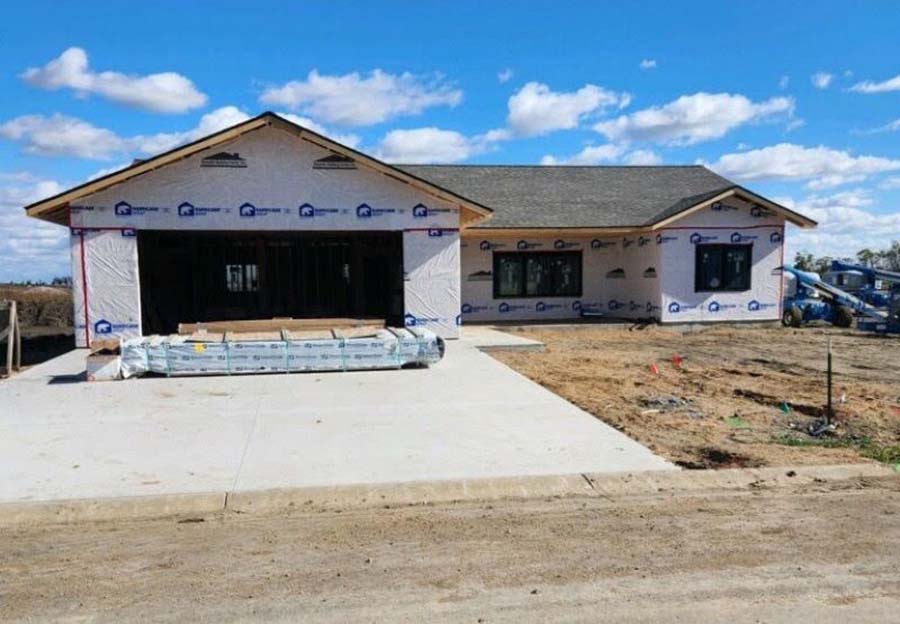A community-based loan fund sponsored by South Dakota and Minnesota electric cooperatives in partnership with their power supplier has hit the $1 billion mark in economic investments.

That milestone from the Rural Electric Economic Development Fund is especially significant because its capital originated from just $4.6 million in co-op investments more than 25 years ago, said Eric Fosheim, who administers the REED fund at East River Electric Power Cooperative.
“Every dollar that’s invested in the fund is multiplied many times over,” he said.
“We like to say that the $4.6 million has essentially yielded over a billion dollars in total impact in the footprint” served by the 27 co-ops that take part in REED, said Fosheim, economic development manager at the Madison, South Dakota-based generation and transmission cooperative.
“That helps with tax base, job creation and services and products that people can purchase. It gives them places to live and day cares to take their kids.”
Affordable starter homes and child care for young families have become crucial economic development issues, and shortages in both can affect attraction and retention of skilled workers, co-op leaders said.
“Many employees are commuting in from larger communities due to lack of adequate housing,” said Fosheim. “And parents are stuck at home, or they live outside the community they work due to lack of adequate care.”
Co-ops leverage several different financing options to help bring those projects to reality, including Department of Agriculture grants and loans. Last year, three South Dakota co-ops passed through nearly $3 million from private sources and “revolved” funds from the USDA Intermediary Relending and Rural Economic Development Loan and Grant programs:
- Whetstone Valley Electric Cooperative in Milbank contributed to the construction of a development with 33 single-family homes. Eight of the homes are completed, and the rest will be done this year.
- Sioux Valley Energy in Colman helped a senior living operator with the construction, start-up and operation of the 50-unit Peaceful Pines Senior Living. New senior housing often opens up housing opportunities for first-time or entry-level home buyers, said CEO/General Manager Tim McCarthy.
- Clay-Union Electric Cooperative passed through a loan to help the Pulse of Life of Kids Center share space with a church in a converted medical building.
With about one-third of Clay-Union EC’s 17 employees expected to retire over the next few years, day care and housing will be “very important down the road” as the co-op works to fill those positions, said General Manager Chris Larson.
“When we were looking to fill an electrician position, those were two of the top three things the candidates and their families were looking for,” he said.
The REED fund has racked up some impressive numbers since East River launched it in 1996 with six co-ops in 13 counties. Through more than 400 loans totaling $125 million, the REED fund and partner lenders have created and retained more than 10,000 jobs and renovated or built more than 3 million square feet of plants, community centers, agricultural processors and other commercial space.
Twenty-six of the projects receiving funding through REED are related to housing and five are related to day care. Their benefits go far beyond their initial purpose, Fosheim said.
“If a health care facility can find a workforce and they don’t have to shut their doors, that’s providing a service to the membership,” he said. “That’s just another example of how the co-op benefits.”
Victoria A. Rocha is a staff writer for NRECA.